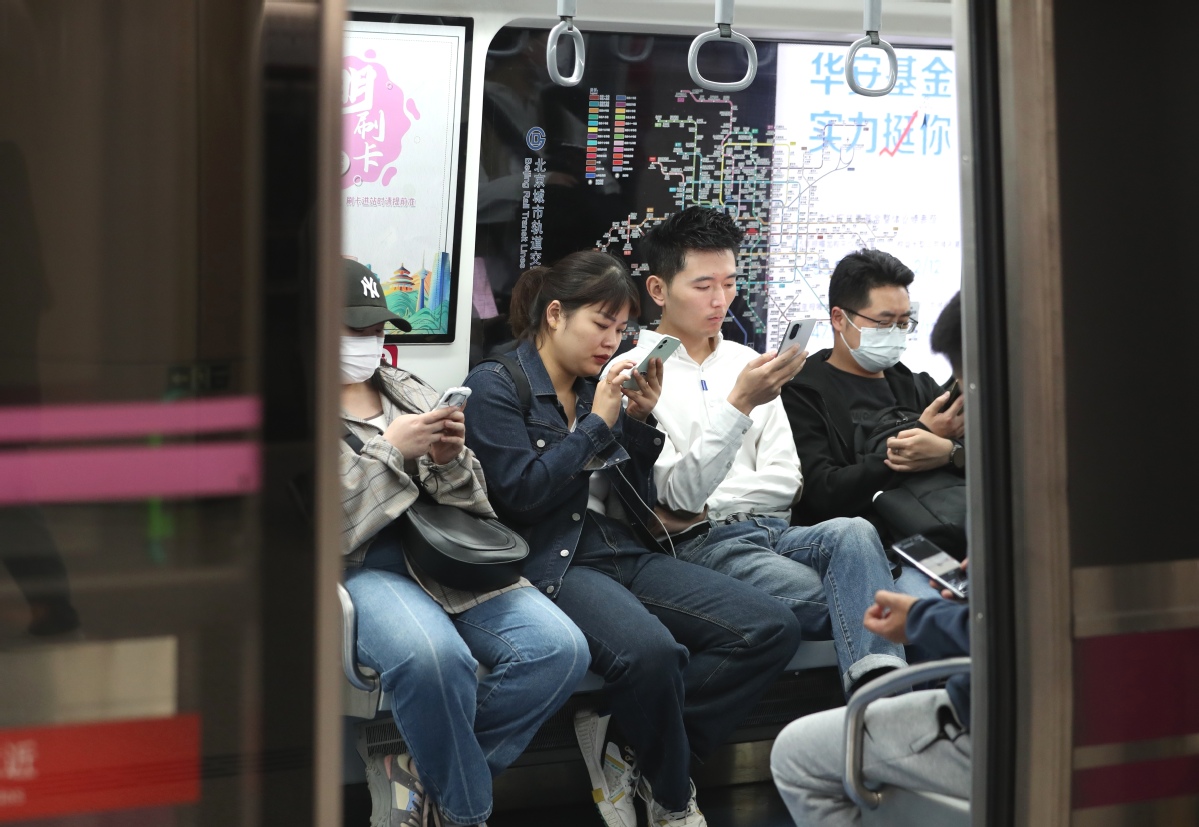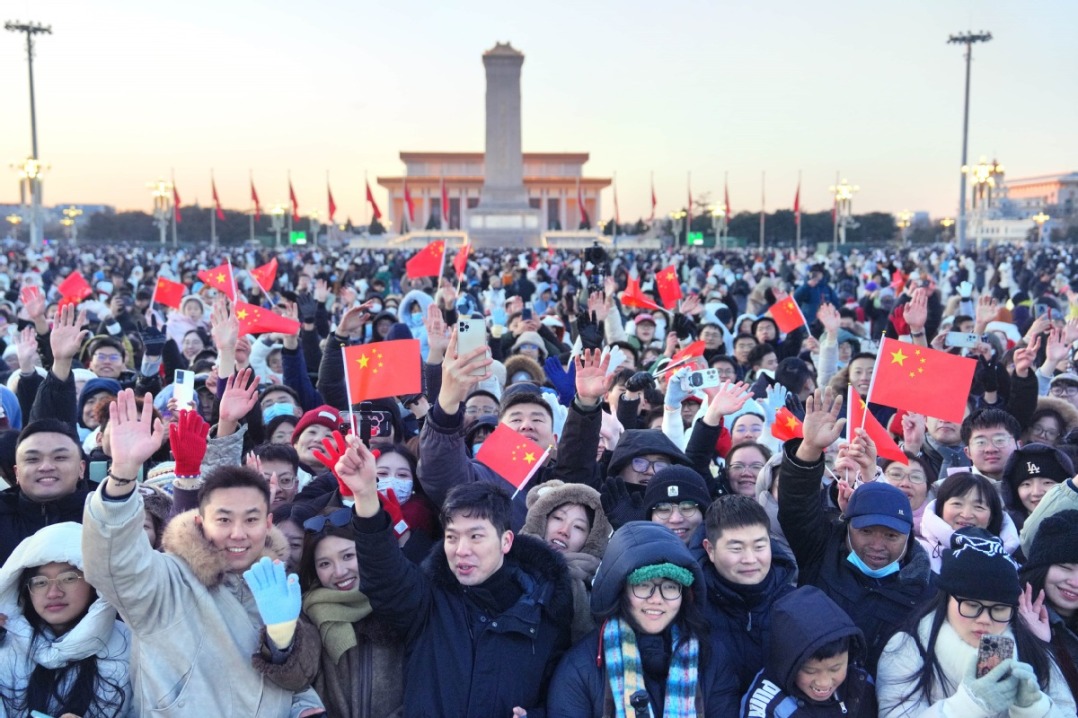Emerging from shadow of virus without need for masks


It is not binding on subway passengers in Beijing to wear masks any more. Wearing masks in public places had become part of life in China in the past three years due to the COVID-19 pandemic. That many parts of China, including Beijing, have now relaxed the requirement for wearing masks in the subway marks a symbolic shift toward a return to normalization.
In fact, ever since the country made fundamental changes to its prevention and control policy, there has been a lot of discussion on whether masks should be worn in the subway or in shopping malls.
A few days ago, the disease prevention authorities issued guidelines saying it is only recommended, and not compulsory, that people wear masks while taking public transport such as planes, trains, subways and buses, or while entering supermarkets, theaters, passenger terminals and other closed and densely populated places.
The mandatory wearing of masks at public places was a temporary measure during a special time, but now that the pandemic situation has changed, it is natural that there should be some adjustments.
It is necessary to minimize some pandemic control measures and help society come out of the shadow of the pandemic so that life and activities can return to normal.
If wearing a mask remains mandatory, it will reinforce a behavioral implication that is in conflict with the changed pandemic situation and the full opening of public places, while also being an obstacle to the faster recovery of the economic and social order.
That people are no longer required to wear masks when entering subways and other public places means people can choose whether or not to wear masks according to their health condition and needs. This also means that all people will assume the responsibility of "being the first person responsible for their own health".
As Beijing is lifting the mandatory mask-wearing requirement in the subways, the number of passengers taking the subway is going up; it exceeded 12 million person/times on Friday for the first time in 636 days. This is undoubtedly a positive signal of the overall recovery of social mobility in Beijing. As the country's capital and a megacity with more than 20 million permanent residents, Beijing's positive steps toward normalizing public life will serve as a positive example for other places.


































